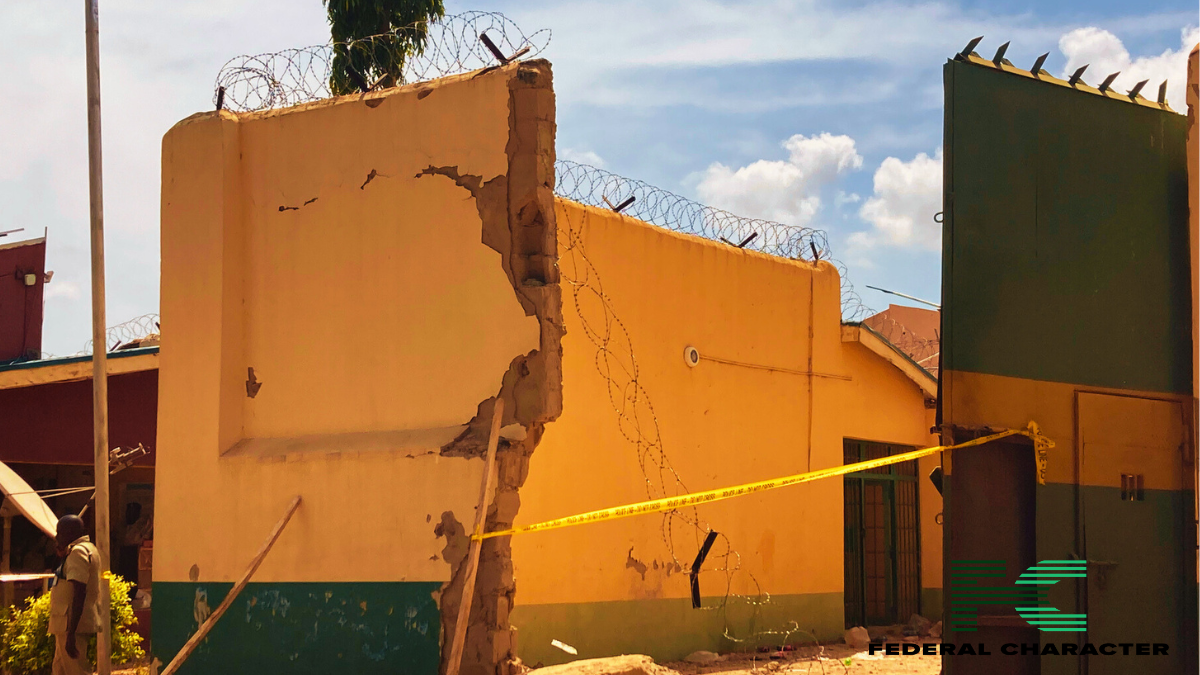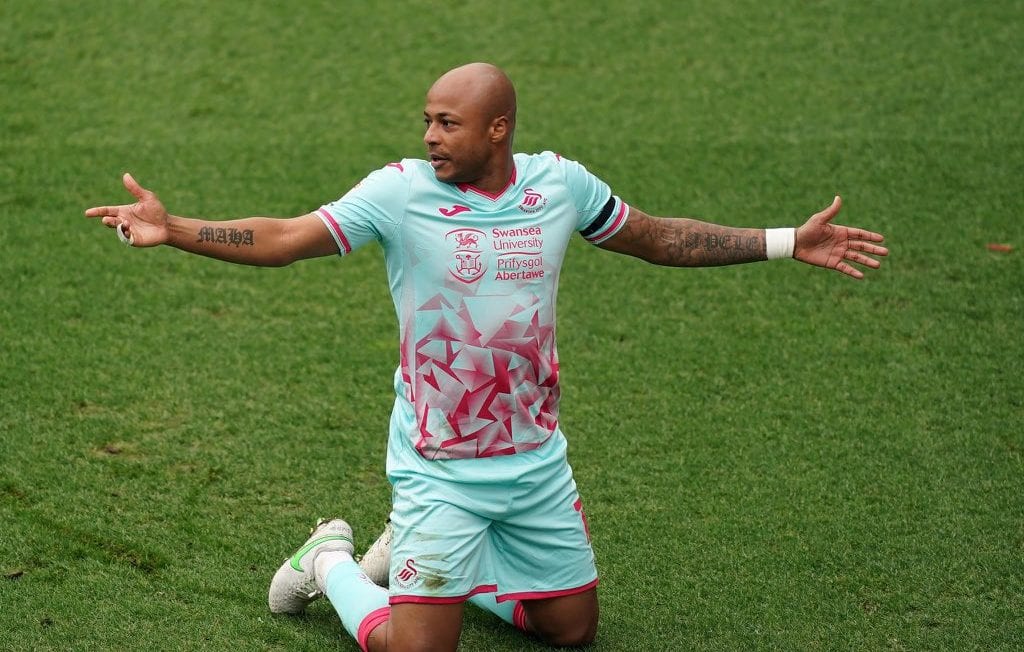New York City police are searching for the man who fatally shot Brian Thompson, CEO of UnitedHealth’s insurance unit, in a targeted attack outside a Midtown Manhattan hotel on Wednesday morning. The masked assailant, lying in wait, fired at Thompson from behind before fleeing into Central Park on an electric bike. The incident occurred just before UnitedHealth’s annual investor conference at the Hilton on Sixth Avenue.
Why It Matters
Thompson’s death sends shockwaves through the healthcare and corporate world, highlighting security vulnerabilities even for high-profile executives.
UnitedHealth, the largest U.S. health insurer, plays a critical role in providing coverage to millions of Americans, and Thompson’s leadership spanned over two decades at the company. His murder coincides with ongoing challenges at UnitedHealth, including a major data breach that disrupted care and billing systems.

Cryptic Clues and Suspect Search
Shell casings at the crime scene bore the words “deny,” “defend,” and “depose,” referencing a 2010 book critical of the insurance industry. Police released clear images of the suspect, dressed in a hooded sweatshirt and ski mask, and are seeking public assistance in identifying him. The city’s extensive camera network is being used to track his movements.
Authorities searched a hostel on Manhattan’s Upper West Side where the suspect may have been staying. The attack’s motive remains unclear, though Thompson’s wife, Paulette, mentioned prior job-related threats.
Community and Corporate Mourning
Thompson, a father of two and long-time UnitedHealth executive, was remembered by CEO Andrew Witty as an “extraordinary person.” Flags at UnitedHealth’s Minnesota headquarters were lowered to half-staff in his honor. Paulette Thompson called him a devoted husband and father who “touched so many lives.”
Bottom Line
Brian Thompson’s shocking murder raises questions about corporate security and the risks executives face in contentious industries. As police investigate potential motives and the cryptic messages left behind, this high-profile case underscores the personal cost of leading in a high-stakes environment.

















